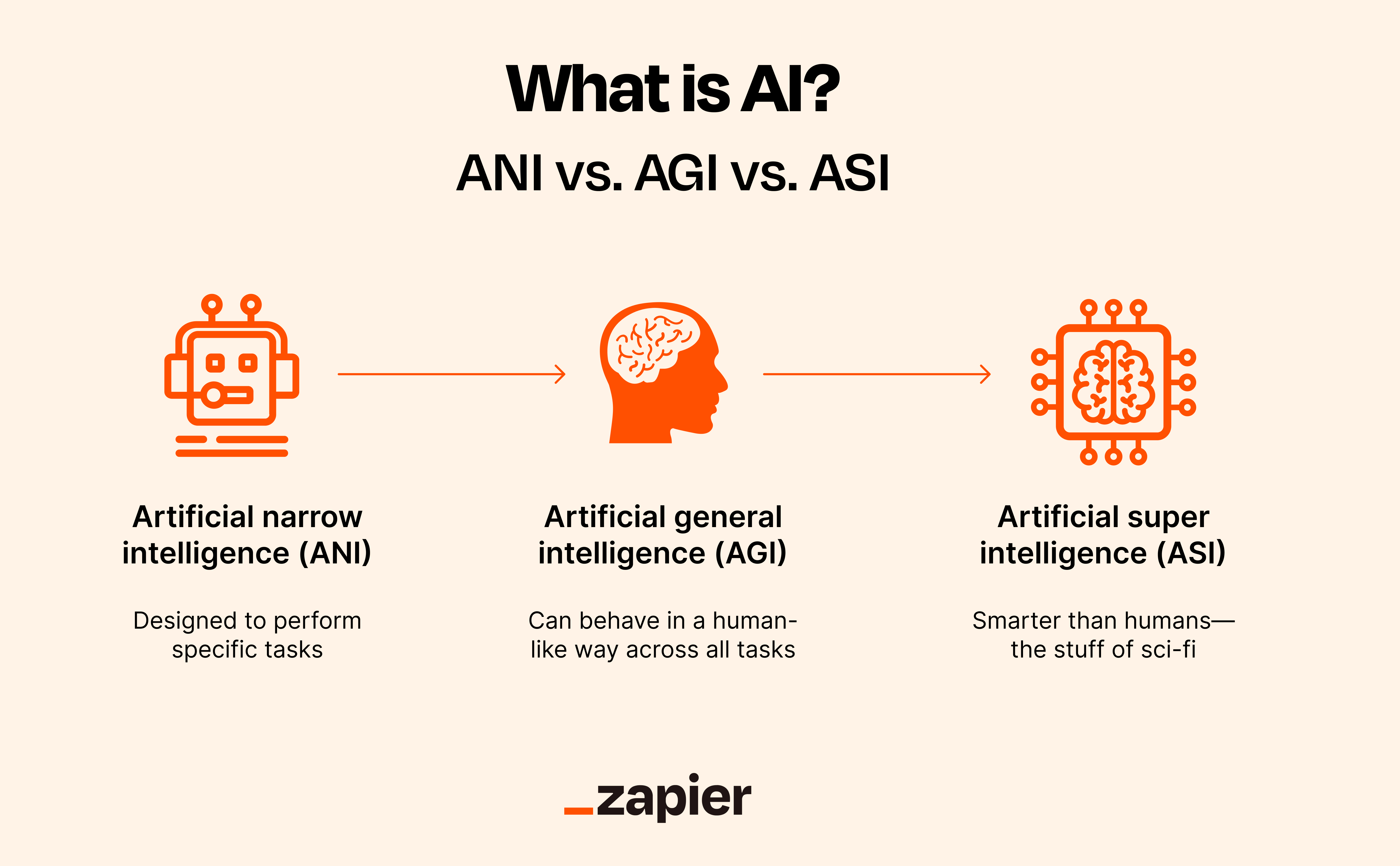
The AI Hype: Separating Reality from Expectations
The world of artificial intelligence (AI) has been abuzz with excitement in recent years, with the launch of ChatGPT in November 2022 marking a significant milestone in the development of generative AI tools. However, a recent study suggests that despite the hype, very few people are regularly using these AI products.
 AI products like ChatGPT have garnered significant attention, but their adoption rates are low.
AI products like ChatGPT have garnered significant attention, but their adoption rates are low.
Researchers surveyed 12,000 people in six countries, including the UK, and found that only 2% of British respondents use AI tools on a daily basis. The study, conducted by the Reuters Institute and Oxford University, highlights a mismatch between the hype surrounding AI and the public’s interest in it.
“Large parts of the public are not particularly interested in generative AI, and 30% of people in the UK say they have not heard of any of the most prominent products, including ChatGPT,” said Dr. Richard Fletcher, the report’s lead author.
The study also examined views on generative AI tools, which can respond to simple text prompts with human-sounding answers, as well as images, audio, and video. While young people are bucking the trend, with 18- to 24-year-olds being the most eager adopters of the tech, the overall adoption rates remain low.
 Generative AI tools have sparked an intense public debate about their potential impact.
Generative AI tools have sparked an intense public debate about their potential impact.
The public’s hopes and fears about generative AI vary greatly depending on the sector. While most people expect AI to have a significant impact on society in the next five years, particularly in news, media, and science, they are more pessimistic about its overall impact on society.
“People’s hopes and fears for generative AI vary a lot depending on the sector,” Dr. Fletcher said. “People are generally optimistic about the use of generative AI in science and healthcare, but more wary about it being used in news and journalism, and worried about the effect it might have on job security.”
As the development of generative AI continues to accelerate, it remains to be seen whether these tools will become an integral part of our daily lives or remain a niche interest.
 The future of AI is uncertain, but one thing is clear: it will have a significant impact on society.
The future of AI is uncertain, but one thing is clear: it will have a significant impact on society.















